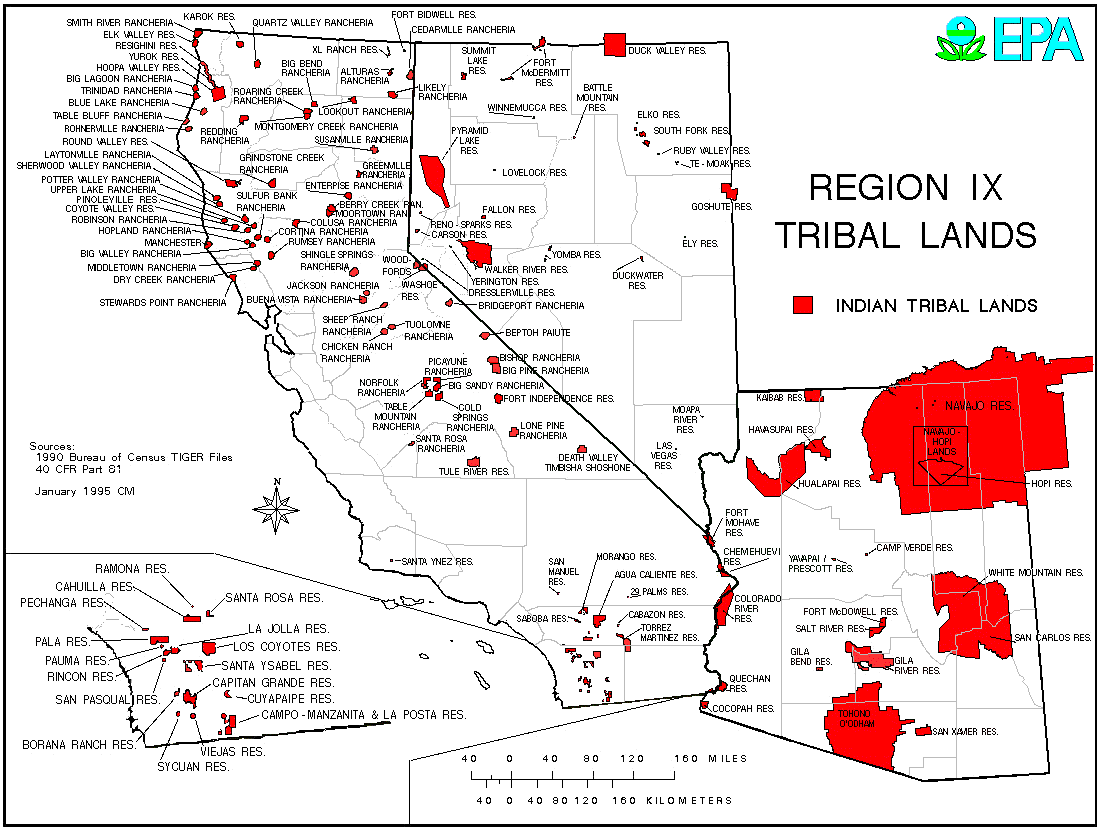Rolling the Dice: How Many Tribes Own Casinos?
Rolling the Dice: How Many Tribes Own Casinos?

You might have seen those flashy casinos popping up in unexpected places, maybe even near your hometown. You know they’re often run by Native American tribes, but how many are there? And how did they get into the casino business in the first place? Let’s dive into the fascinating world of Native American gaming, where history, politics, and a whole lot of luck come together.
From Sovereignty to Slots
Related Articles: Rolling the Dice: How Many Tribes Own Casinos?
- Unveiling the Heart of Michigan: Discover the Enchanting Indian Reservations
- Unveiling the Cherokee Nation Reservation: Discoveries and Insights Await
- Unveiling the Caddo Legacy: Discoveries from the Heart of East Texas
- Discover the Enduring Legacy of American Indian Tribes in the Modern Era
- Unveiling the Heart of Native American Heritage: Indian Reservations in Livingston, Texas
The story of Native American casinos is a story of resilience and self-determination. For centuries, tribal nations faced systematic oppression and dispossession. But with the passage of the Indian Gaming Regulatory Act (IGRA) in 1988, a new chapter began. The IGRA recognized the inherent right of tribal governments to regulate gaming on their lands. This was a major turning point, giving tribes a powerful tool to boost their economies and improve the lives of their members.
What Does the IGRA Say?
The IGRA doesn’t give tribes a free pass to open casinos willy-nilly. It outlines three classes of gaming, with varying degrees of federal oversight. Class I gaming, like bingo and traditional tribal games, is entirely under tribal control. Class II gaming, which includes slot machines and electronic games, requires state approval. And Class III gaming, the big leagues featuring poker, blackjack, and other table games, requires both state and federal approval.
The Rise of Tribal Gaming
The IGRA opened the door, but the tribes themselves were the ones who walked through it. They saw an opportunity to create jobs, generate revenue, and build a better future for their communities. And boy, did they seize it! From the sprawling resorts of Las Vegas to the charming casinos dotting rural landscapes, Native American gaming quickly became a major force in the industry.
A Numbers Game: How Many Tribes Own Casinos?
So, how many tribes are actually in the casino game? The answer is surprisingly complex. While the IGRA opened the door for all tribes to pursue gaming, not all have chosen to do so. Some tribes have opted for other economic development strategies, while others have faced legal hurdles or simply lack the resources to build and operate a casino.
The National Indian Gaming Commission (NIGC) is the federal agency responsible for overseeing tribal gaming. According to their data, as of 2023, over 500 tribes operate some form of gaming across the United States.

A Diverse Landscape of Casinos
The landscape of Native American casinos is as diverse as the tribes themselves. Some are small, modest operations, offering bingo and a few slot machines. Others are massive, luxury resorts, boasting world-class dining, entertainment, and even golf courses.
The Economic Impact of Tribal Gaming
The impact of tribal gaming on the economy is undeniable. It’s a multi-billion dollar industry, generating significant revenue for tribes, creating jobs, and contributing to local economies. In many areas, tribal casinos are the largest employers and economic drivers.
Beyond the Bottom Line: The Benefits of Tribal Gaming

But the benefits of tribal gaming go beyond dollars and cents. They also represent a powerful symbol of tribal sovereignty and self-determination. Through gaming, tribes have gained greater control over their destinies, providing vital resources for education, healthcare, housing, and other essential services.
Addressing Concerns
Of course, the rise of tribal gaming has not been without controversy. Some argue that it fuels gambling addiction, while others raise concerns about the impact on local communities. These are valid points that deserve careful consideration. However, it’s important to note that tribes are not immune to the challenges of responsible gaming. Many tribes have implemented strict regulations and programs to address potential issues.
The Future of Tribal Gaming
As the gaming industry continues to evolve, so too will tribal gaming. New technologies, like online gaming, are creating new opportunities and challenges. Tribes are adapting, embracing innovation while staying true to their values. The future of tribal gaming promises to be just as dynamic and exciting as its past.

FAQ: How Many Native American Tribes Own Casinos?
Q: How many Native American tribes own casinos?
A: As of 2023, over 500 tribes operate some form of gaming across the United States.
Q: What is the Indian Gaming Regulatory Act (IGRA)?
A: The IGRA is a federal law passed in 1988 that recognizes the right of tribal governments to regulate gaming on their lands.
Q: What are the different classes of gaming under the IGRA?
A: The IGRA outlines three classes of gaming: Class I (bingo and traditional tribal games), Class II (slot machines and electronic games), and Class III (poker, blackjack, and other table games).
Q: What are the economic benefits of tribal gaming?
A: Tribal gaming generates significant revenue for tribes, creates jobs, and contributes to local economies.
Q: What are the challenges facing tribal gaming?
A: Some of the challenges include concerns about gambling addiction, the impact on local communities, and the need to adapt to new technologies.
Q: What is the future of tribal gaming?
A: The future of tribal gaming is likely to be shaped by new technologies, like online gaming, and the continued efforts of tribes to promote responsible gaming practices.
Conclusion
The story of Native American casinos is a testament to the resilience and ingenuity of tribal nations. From a history of oppression to a thriving industry, they have carved out a place for themselves in the world of gaming, demonstrating their economic power and their unwavering commitment to self-determination. As the dice continue to roll, the future of tribal gaming promises to be exciting, unpredictable, and full of possibilities.
Closure
Thus, we hope this article has provided valuable insights into Rolling the Dice: How Many Tribes Own Casinos?. We thank you for taking the time to read this article. See you in our next article!


